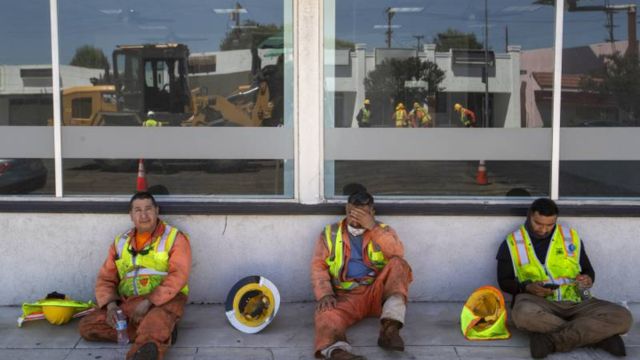WFCN – Once the year’s first triple-digit day has passed, we should pause to consider how companies handle their workers when the heat gets unbearably high. The fact that Idaho has lax rules and the government keeps out of our affairs is undoubtedly one of our favorite aspects about the state.
I find it unsettling to see folks working outside while perspiring and panting. Not only am I sorry for the worker, but I’m also concerned that the employer—who probably offers a service I like—may face legal action in the event that something goes wrong.
Idaho, as far as legislation goes, isn’t exactly at the forefront. Nothing novel, revolutionary, or inventive comes to mind in terms of political invention.

Good news: States close to us, like the one that begins with “C,” have already taken action to protect workers from the heat.
SEE MORE –
California’s 1 July Laws: Drug Test Kits Now Available in Bars
Idaho, which experiences up to 27 days with temperatures above 100 degrees Fahrenheit annually, must do more than simply follow Federal OSHA regulations. California offers one of many instances of how this could be done; nevertheless, I’m not advocating that we should imitate their policies.
Water, shade, and obligatory cool-down breaks are required for California companies when the temperature reaches 80 degrees. Communications systems start looking for indicators of heat-related disorders at 95 degrees.
Following California’s lead in 2022, Oregon added a second layer of protection, which takes effect at 90 degrees. First tier starts at 90 degrees in Washington, and second tier begins at 100 degrees.
Employers are required by law in China and other nations to shorten work hours when the temperature rises above 95 degrees. Throughout the summer, UAE law prohibits a lot of outside labor.
Because Idaho employers won’t regulate themselves, the state must act on their behalf.
